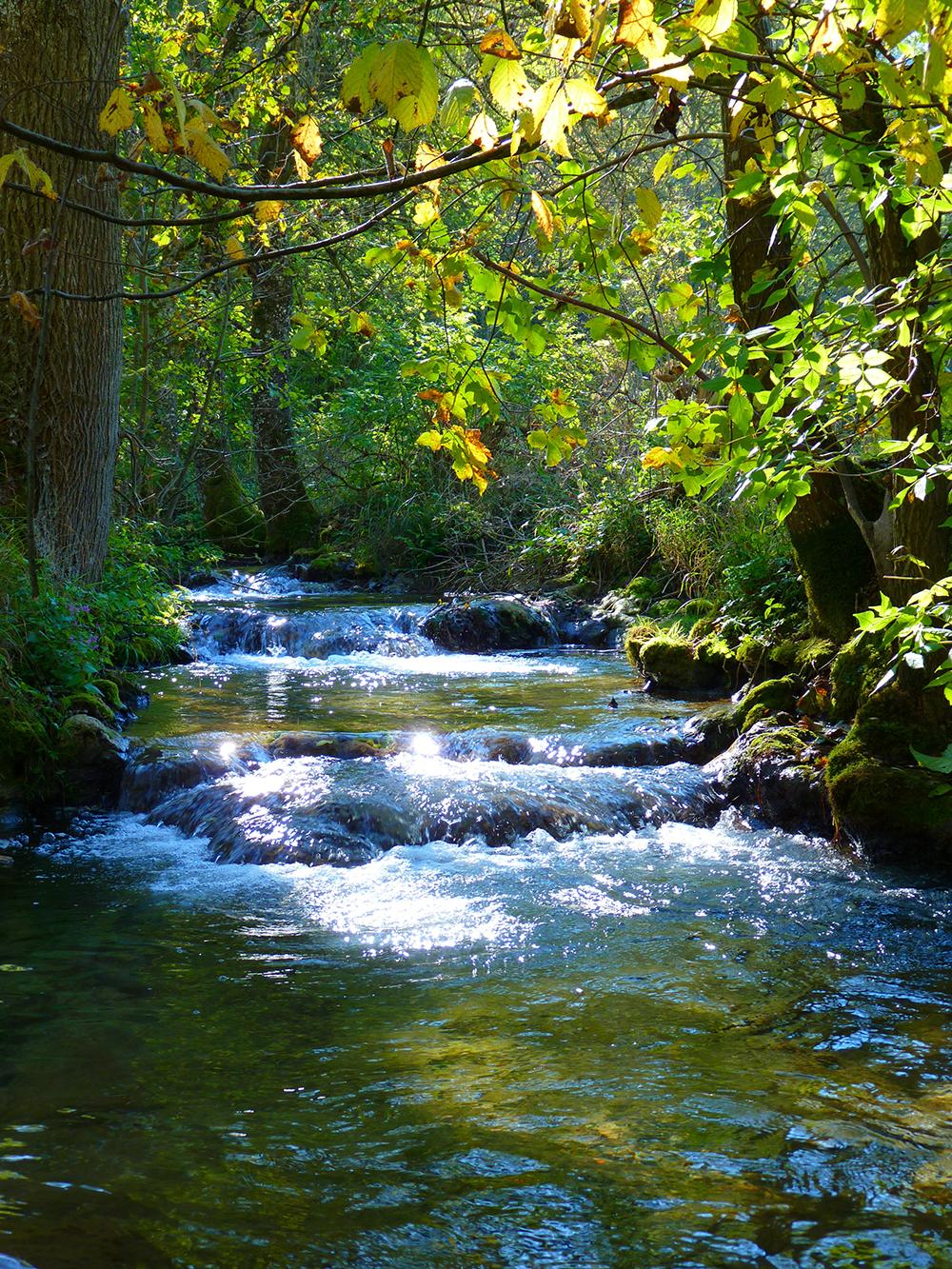
Greening Antwerp with Commons Lab
Antwerp, Belgium’s second-largest city, is on a mission to become a greener, more sustainable place to live. Leading the way in this endeavor is Commons Lab, a research and innovation center dedicated to developing innovative solutions for urban sustainability. With projects focused on everything from urban agriculture to circular economy and citizen science, Commons Lab is making a significant impact on the city’s environmental future.
Urban Agriculture: Growing Food in the City
One of the most exciting projects from Commons Lab is their work in urban agriculture. In a city where green space is at a premium, they have found ways to grow food in unlikely places. From rooftop gardens to community allotments, they are helping to create a more sustainable and self-sufficient city. Their projects also include vertical farming, aquaponics, and green rooftops.
Biowaste: Transforming Trash into Treasure
Another innovative project from Commons Lab is their work with biowaste. They are exploring ways to turn waste into a resource by using it to create energy and fertilizer. They have developed a system that can turn biowaste into biogas and compost, which can then be used to power homes and gardens. This project is not only helping to reduce waste but also creating a sustainable source of energy.
Green Infrastructure: Building with Nature
Commons Lab is also focused on creating a more sustainable built environment. Their green infrastructure projects focus on using natural processes to help mitigate the effects of urbanization. This includes things like green roofs and walls, rain gardens, and urban forests. By incorporating these elements into the city’s infrastructure, they are creating a more resilient and sustainable urban environment.
Mobility: Sustainable Transportation Solutions
Transportation is a significant contributor to greenhouse gas emissions, so it’s no surprise that Commons Lab is working on sustainable transportation solutions. They are developing projects focused on electric vehicles, bike-sharing systems, and public transportation. By encouraging more sustainable modes of transportation, they are helping to reduce emissions and create a more livable city.
Citizen Science: Engaging Communities in Research
One of the most exciting things about Commons Lab is their focus on citizen science. They are working to engage the community in research and data collection, empowering individuals to take an active role in creating a more sustainable city. Through citizen science projects, they are collecting data on everything from air quality to biodiversity, helping to inform policy decisions and create a more sustainable future.
Circular Economy: Closing the Loop on Resources
One of the most significant challenges facing cities today is the issue of resource management. Commons Lab is working to create a more circular economy, where waste is minimized, and resources are reused and recycled. This includes initiatives like composting, recycling, and upcycling. By closing the loop on resources, they are creating a more sustainable and resilient city.
Paving the Way to a Greener Future
Antwerp is leading the way in urban sustainability, thanks in large part to the innovative work of Commons Lab. Their projects are creating a more sustainable and livable city, one that is more self-sufficient, resilient, and in harmony with the natural environment. By embracing innovation and engaging the community, they are showing that a greener future is not only possible but within reach. As the world continues to grapple with the challenges of climate change, the work of Commons Lab serves as a beacon of hope and inspiration for cities everywhere.


